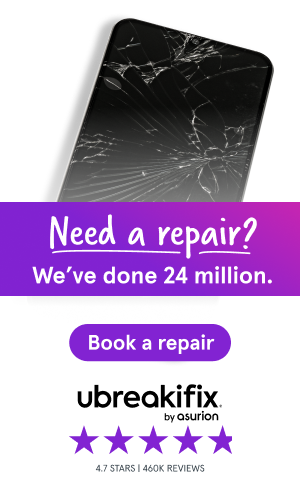My previous method for doing local keyword research relied on the following formula:
phrase - exact = % difference
If there was a large % difference between the phrase and exact searches then I knew this was a good keyword(s) to spend time researching. But, now that there's no phrase search with the new Google Planner, I'm looking for new methods to find local keywords.
Was wondering if anyone could recommend a tool, methodology, or resource for getting keywords for generic niches (painting, plumbing, dentist, etc..) that I can combine with any city.
phrase - exact = % difference
If there was a large % difference between the phrase and exact searches then I knew this was a good keyword(s) to spend time researching. But, now that there's no phrase search with the new Google Planner, I'm looking for new methods to find local keywords.
Was wondering if anyone could recommend a tool, methodology, or resource for getting keywords for generic niches (painting, plumbing, dentist, etc..) that I can combine with any city.




